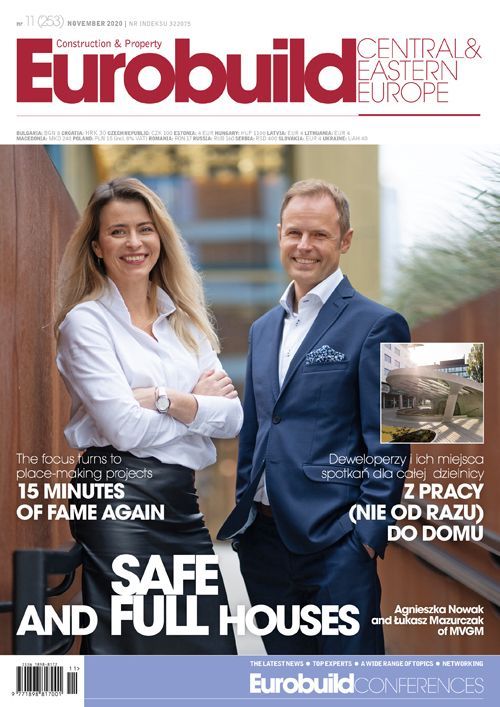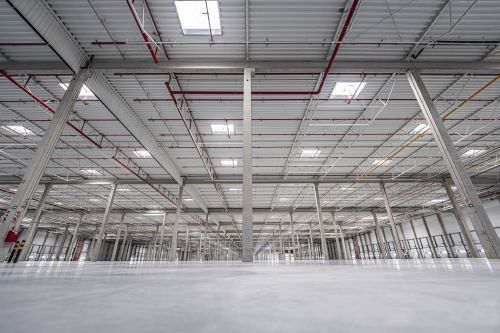When I was a little younger, I shared an apartment with a friend. He was a web designer who worked for several large companies. It didn’t make any difference to him what time it was, or whether it was night or day. He just sat there programming regardless of the hour. He was also a fan of the TV serial ‘The Walking Dead’, which he would often watch in breaks from his coding. Although what I was writing then wasn’t code but prose, we still ended up synchronising like an Olympic swimming partners and were soon keeping the same hours. For example, at 3 am we would go outside for a cigarette break and take a stroll around the empty streets of our estate, after which would have coffee at four and then later sleep until the afternoon. At the time work just seemed like one unending party: you had that feeling of being entirely unburdened, because – apart from deadlines, which were the only things that punctuated our lives – we were completely and utterly fr




























































